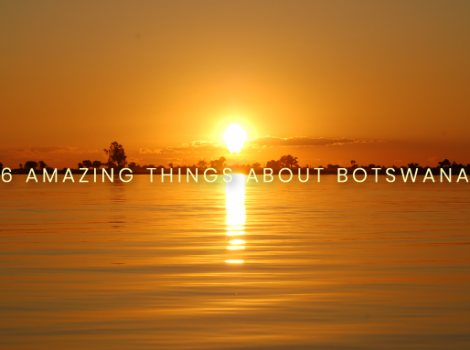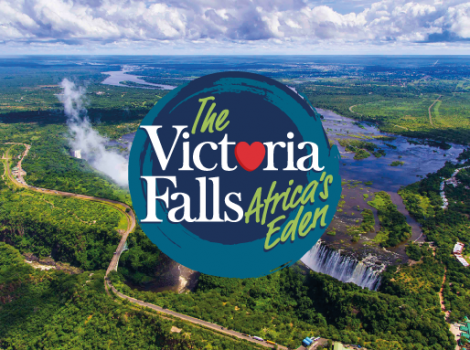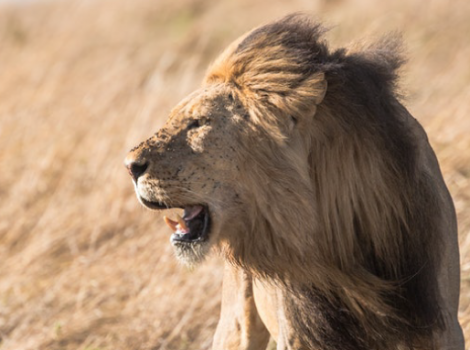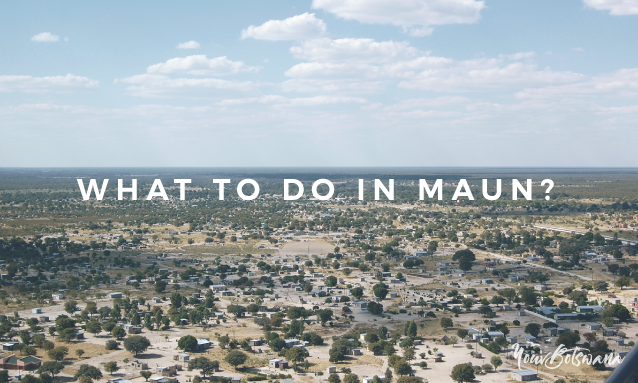
Maun has blossomed as travellers needed a mandatory PCR test before returning from the Okavango Delta, but this Botswana town’s innovations and upgrades are set to outlast the pandemic.
Based at the bottom of the Okavango Delta, where the miracle rivers start to seep back into the Kalahari sands, Maun has been but a blip on the radar for travellers for decades. It’s always been the turnstile to a dream safari, rather than the destination. Then a global pandemic shook things up. A new cultural tour, craft beer that makes a difference, and the buoyant charge of revived lodgings provide plenty of reasons to visit today. Here travelandleisure.com shares a guide to Maun.
Renewed Lodgings
The Okavango Delta is typically part of a broader travel circuit, often wedged between sipping wine in Cape Town and a stopover to visit the world wonder of Victoria Falls up north. COVID-19-related travel mandates (especially testing requirement windows) and more complicated flight logistics have changed this ease of proximity and forced travellers to take it slow, so they’re spending more time in one place. It’s been a boon for Maun.
When these restrictions came into place, two safari bigwigs placed their bets on the revival of the Botswana town. Natural Selection (of Jack’s Camp and Shipwreck Lodge fame) and Desert & Delta Safaris snapped up old hotels with big plans to spruce them up.
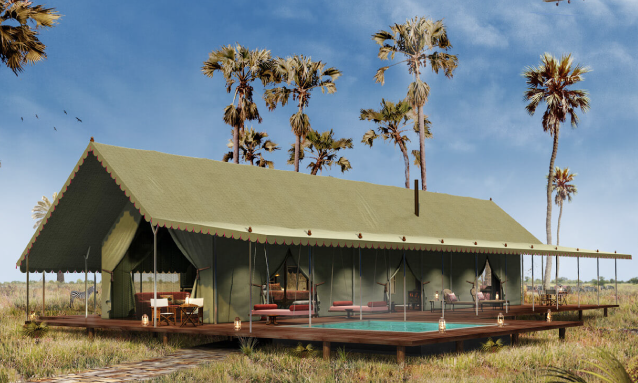
Andrew Flatt, marketing manager at Desert & Delta Safaris, says the company saw an opportunity to grow the portfolio, including iconic Camp Moremi and historic Chobe Game Lodge.
“Travellers are more interested now than ever before in seeing where the people of a destination live and learn more about the history and culture of it. We recognise that Maun, as a previous transit destination, is growing into a destination in its own right for all levels of travellers,” he adds.
Natural Selection cofounder Dave van Smeerdijk put his money where his mouth is and recently even moved his family from Cape Town to Maun.
“Maun is the gateway to the great wildlife areas of Botswana, and it’s a great place to raise children. It looks like any other African town from the airport, but once you get on the river that runs through Maun, you’ll see that it’s actually an extension of the Okavango Delta — a linear oasis that runs through town and ends in the Makgadikgadi Pans.”
This linear oasis is called the Thamalakane River, and perched on its banks a little way from Maun sits Royal Tree Lodge.
“Royal Tree Lodge, or Telele — we are changing the name, which means Long in Setswana — is the only private game reserve in Maun, with plentiful giraffes, zebras, wildebeests, impalas, gemsboks, and springboks,” van Smeerdijk says.
Natural Selection is planning a complete refurbishment and developing a hide complex around a very productive waterhole, where folks can sit and watch animals from close proximity. However, the most significant focus will be giraffe awareness and conservation efforts for the unique species, which is said to be experiencing a silent extinction.
“There will be lots of activities to choose from — walking, game drives, horse riding, as well as a cultural tour, which will give guests great insight into Maun. For a long time, the only tourism in Botswana was wildlife tourism, but there is more to [the country] than just that.”
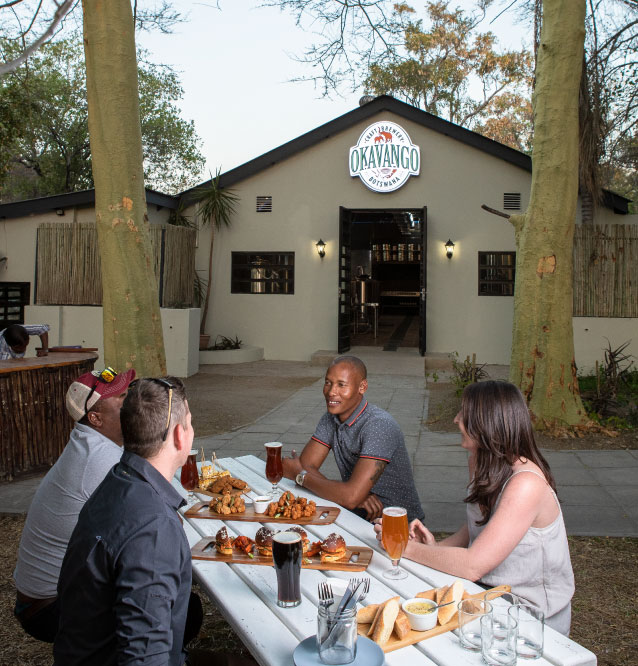
An Elephant-friendly Brewery
Designed and launched with human-elephant conflict in mind, the unique brews conjured at the Okavango Craft Brewery are well worth sipping and supporting. On a brewery tour, you’ll learn about the extraordinary journey that each drink takes, from ground to growler.
The Okavango Craft Brewery is the first in northern Botswana and rather unique because it incorporates conservation by collaborating with Ecoexist. It supports communities who live on the edges of wildlife areas and share their space with crop-raiding elephants. For over seven years, the NGO has championed “elephant-aware farming,” which entails preventative methods such as using chili pepper smoke as a deterrent and learning how to plant away from regularly trodden elephant corridors. With agricultural success, there’s a crop surplus.
Described as a climate-smart crop requiring less rainfall, millet is bought at a premium price by the brewery to reward farmers for their efforts to coexist with elephants. It is then carefully malted and worked into every recipe, from IPAs to draught-infused ice cream. Order a mokoro (a tasting paddle) to find your favourite elixir — expect Irish-style stouts, pale ales, and lagers.
The Airport
Maun International Airport is said to be one of the busiest in the southern African region, and a much-needed million-dollar makeover makes it a great place to be these days. The project experienced a seven-month delay, due outbreak of COVID-19, but has almost completed renovations, including better air-conditioning, bigger waiting areas, and streamlined check-in zones.
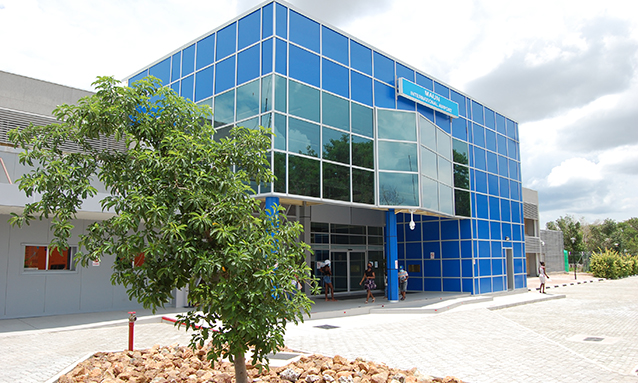
Enjoy the glossy exteriors from a seat across the road at one of the town’s vibrant new hangouts: The Duck Cafe and Bar.
Named after one of Maun’s most historic bars, Duck Inn, this location is a far more sedate reincarnation of the boisterous pub. Where big game hunters once overindulged and swapped stories after lonely weeks in the bush, there are now art exhibitions (from the likes of the Kuru Art Project), local gin experiences, and great lunch specials. Although, to be fair, there’s no substitute yet for a good bush story.
For the complete article: https://www.travelandleisure.com/trip-ideas/safaris/maun-botswana-safari-town
Article by Melanie van Zyl
Original published on January 05, 2022 @travelandleisure.com

